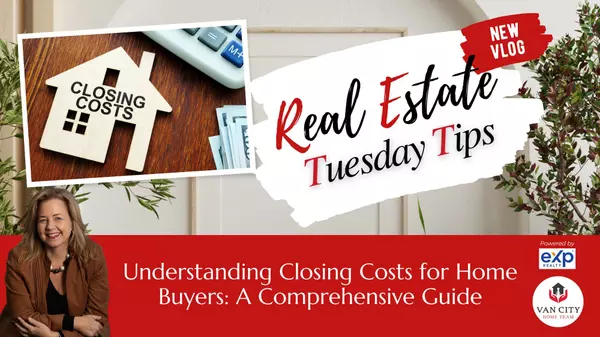Which of these represents you?



BLOG FOR BUYERS
OUR AGENTS
Client Testimonials
Vancouver Island Photos
AFFORDABILITY CALCULATOR
Use this calculator to determine how much house you can afford. By entering details about your income, down payment, and monthly debts, you can estimate the mortgage amount that works with your budget.
You can afford a home up to: $0
Your debt-to-income ratio is 36%
Quite affordable.
View Affordable PropertiesQuite affordable.
Payment Breakdown:
$0 Month
Get more info from a local expert!
Frequently Asked Questions
Whether you’re relocating to or from the Island, I offer virtual tours, digital paperwork, and coordinated timelines to make your move seamless.
I specialize in Greater Vancouver, Fraser Valley, and Vancouver Island—with a deep understanding of price trends, buyer demand, and lifestyle offerings in each region.
It starts with a discovery call. Then we create a personalized plan based on your timeline, financial goals, and ideal lifestyle—whether that’s oceanfront living or low-maintenance convenience.
Every listing gets custom marketing—professional photos, strategic pricing, and targeted exposure on and off the MLS. I tailor the approach to your home and your goals.
Yes, and I help you navigate the timing with precision—using subject-to-sale clauses, bridge financing options, and flexible possession dates.
Absolutely. I specialize in helping people right-size their homes, simplify the process, and transition with confidence—whether that’s moving to the Island or staying local.
With 25+ years of experience as Vancouver Realtor, a strong network, and a client-first mindset, I’m known for making complex moves feel simple. I offer honest advice, smart strategy, and hands-on support every step of the way.
Book a no-pressure consultation. Whether you’re ready now or just exploring, we’ll talk through your goals and create a game plan that fits your life.















